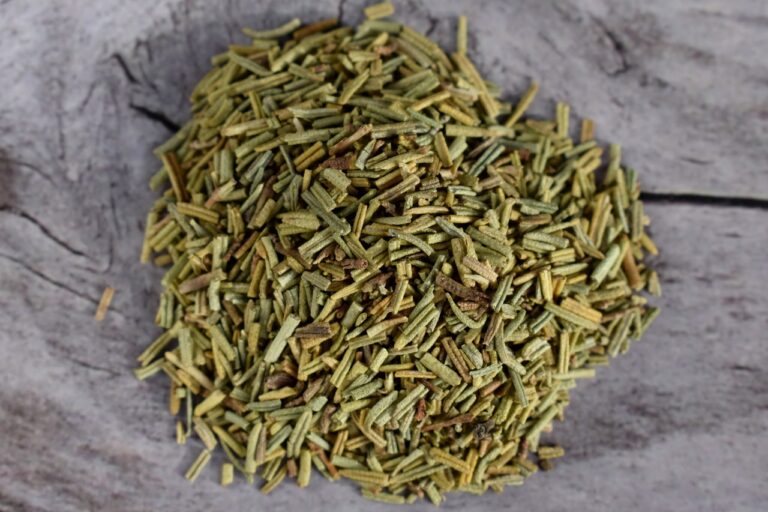The Future of Food: Trends and Technologies Shaping the Industry
As we enter a new era of food consumption, it’s fascinating to observe the exciting trends beginning to take shape. One prominent trend that has been gaining traction is the rise of alternative proteins, such as plant-based options that cater to the growing demand for sustainable and ethical food choices. These alternatives are not only appealing to vegetarians and vegans but also to a broader audience looking to reduce their meat consumption for health or environmental reasons.
Another emerging trend in the food industry is the emphasis on sourcing locally grown produce and supporting small-scale farmers. Consumers are increasingly interested in knowing where their food comes from and the journey it takes to reach their plates. This trend towards locally sourced ingredients not only supports the community but also ensures fresher, more nutritious options for consumers. By prioritizing sustainable and ethical practices in food production, we are witnessing a shift towards a more conscious and mindful approach to eating.
Sustainable Agriculture Practices
Sustainable agriculture practices are becoming increasingly vital as the global population continues to grow. Farmers are adopting innovative techniques to ensure the long-term health of the land while maximizing crop yields. Crop rotation, cover cropping, and reduced tillage are all methods that help to preserve soil quality and fertility.
In addition to soil conservation, sustainable agriculture practices also focus on minimizing water usage and reducing pollution. Techniques such as drip irrigation and rainwater harvesting help to efficiently utilize water resources, while integrated pest management and organic farming methods decrease the need for harmful pesticides and chemicals. By prioritizing sustainability, farmers can protect the environment while meeting the food demands of a growing population.
• Crop rotation, cover cropping, and reduced tillage help preserve soil quality
• Drip irrigation and rainwater harvesting minimize water usage
• Integrated pest management and organic farming reduce the need for harmful pesticides
and chemicals
• Sustainable agriculture practices prioritize environmental protection while meeting food demands
Plant-Based Alternatives
In recent years, there has been a noticeable shift towards plant-based alternatives in the food industry. People are becoming more conscious of their health and the impact of food choices on the environment. This has led to an increase in the availability and variety of plant-based options in restaurants and grocery stores.
Plant-based alternatives offer a sustainable and ethical choice for those looking to reduce their consumption of animal products. With advancements in food technology, plant-based burgers, dairy-free milks, and meat substitutes now closely mimic the taste and texture of their animal-based counterparts. These alternatives not only provide a healthier option for consumers but also contribute to reducing greenhouse gas emissions associated with traditional animal farming.
What are some examples of plant-based alternatives?
Some examples of plant-based alternatives include tofu, tempeh, seitan, plant-based milk (such as almond, soy, or oat milk), and plant-based meat substitutes (such as Beyond Meat or Impossible Burger).
Why are plant-based alternatives becoming more popular?
Plant-based alternatives are becoming more popular due to increasing concerns about sustainability, animal welfare, and personal health. Additionally, advancements in technology have made plant-based alternatives more accessible and appealing to consumers.
Are plant-based alternatives more sustainable than traditional animal products?
Yes, plant-based alternatives are generally considered more sustainable than traditional animal products. Producing plant-based alternatives typically requires less water, land, and energy, and generates fewer greenhouse gas emissions compared to animal agriculture.
How can I incorporate plant-based alternatives into my diet?
You can incorporate plant-based alternatives into your diet by gradually replacing animal products with plant-based options in your meals. Try experimenting with different plant-based proteins, dairy alternatives, and meat substitutes to find options that you enjoy.
Are plant-based alternatives nutritionally balanced?
Plant-based alternatives can be nutritionally balanced when consumed as part of a varied and well-rounded diet. It’s important to ensure that you’re getting a variety of nutrients from plant-based sources, such as protein, iron, calcium, and vitamin B12. Consider consulting a healthcare provider or dietitian for personalized advice.







